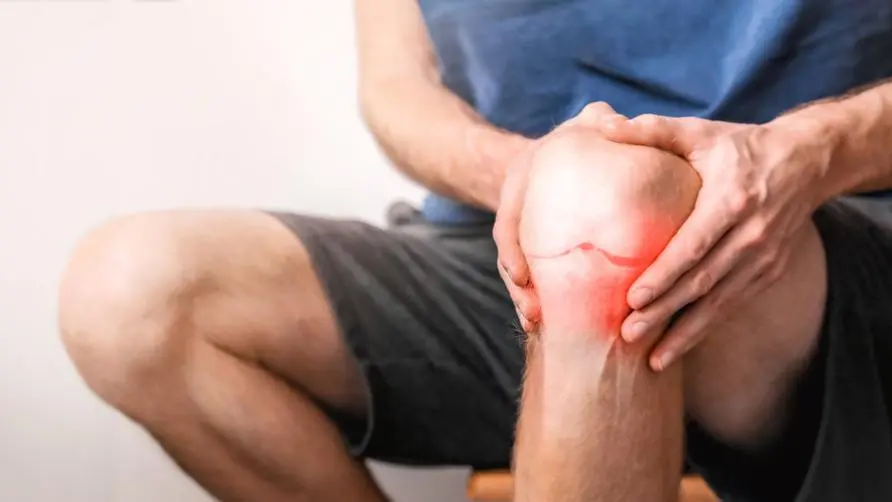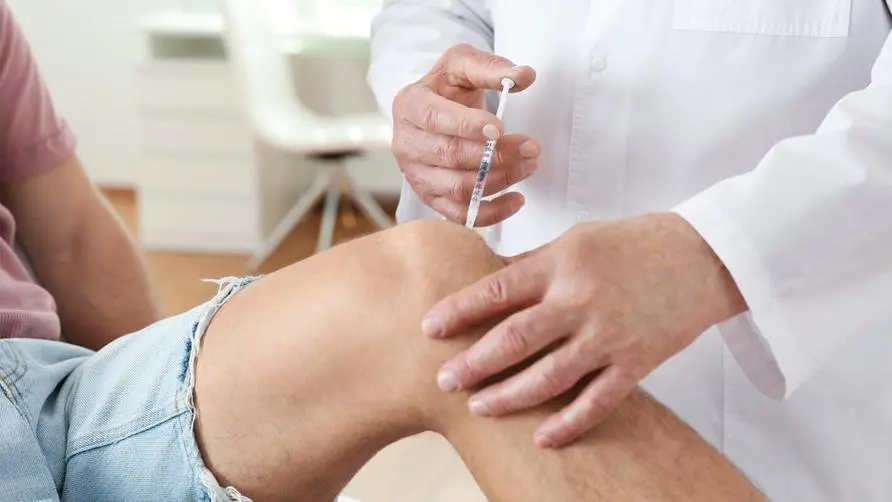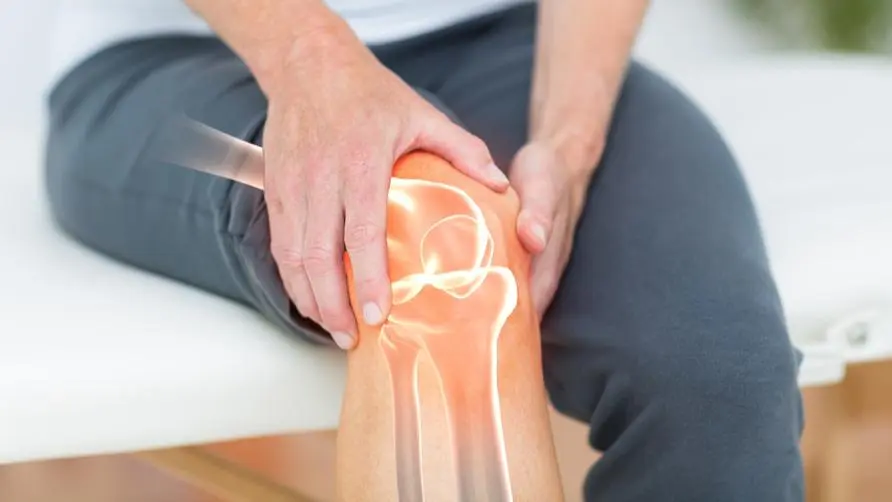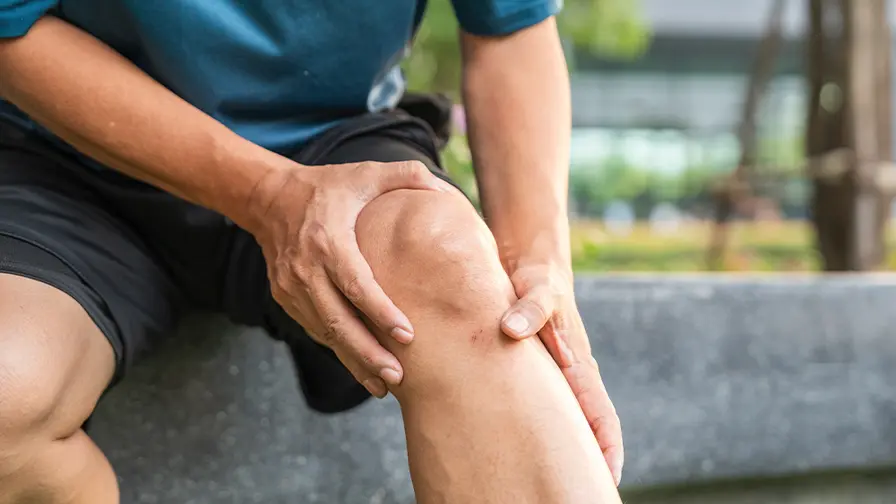Is it possible to suffer from "knee arthritis" once you reach the age of 40? Famous doctors remind young people: If you take care of yourself as early as possible, you may "not degenerate in old age"
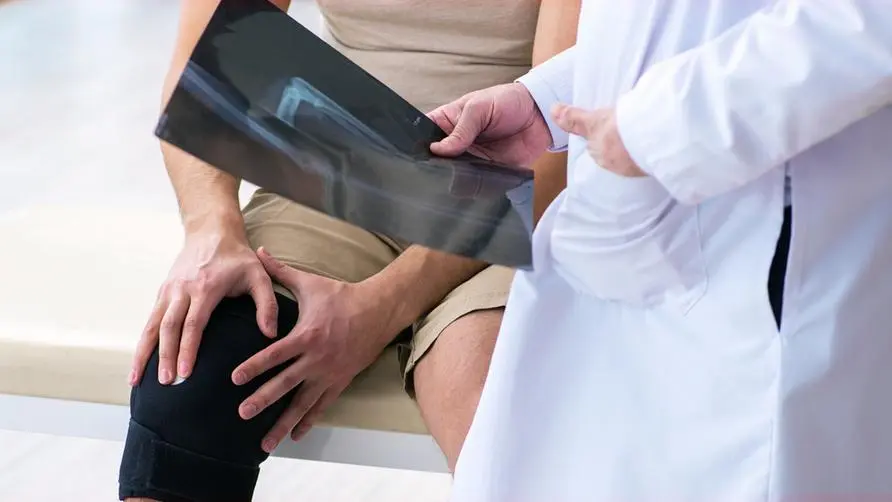
Have you ever heard a crisp popping or rubbing sound from your knee joint? This may be caused by “degenerative knee arthritis”, a disease that commonly occurs in middle-aged and elderly people. “Degenerative Knee Arthritis” is literally translated from “Degenerative Knee Arthritis”, which misleads the public into thinking that aging causes “degeneration” of the knee joint. In fact, as long as we take good care of them and use them correctly like we take care of our teeth, our knee joints can stay healthy for a long time and will not degenerate in old age.
Isn’t degenerative arthritis caused by “degeneration”? Up to 90% of patients have “unknown causes”
If middle-aged and elderly people over the age of 40 or 50 experience symptoms such as deep throbbing or cutting pain in the knee, joint sounds when bending the knee or standing up after sitting for a long time, sudden weakness or locking of the knee joint, or even gradual deformation and loss of function, we must be alert and seek medical treatment as soon as possible.
According to the in-depth discussion of this research team, the so-called “degenerative knee arthritis” is actually not caused by “degeneration”. Therefore, when referring to “degenerative” knee arthritis in this article, the word “degenerative” will be specifically placed in quotation marks to remind readers of this widespread misunderstanding. As mentioned before, because osteoarthritis of the knee has long been called “degenerative” knee arthritis in Taiwan, people tend to attribute the cause to “degeneration” or “aging”.
Regarding the causes of “osteoarthritis of the knee”, only about 10% are known and are classified as “secondary”. For example, trauma causes damage to the internal structures of the knee joint (including bones, cartilage, cruciate ligaments and semilunar cartilage). Cartilage damage caused by injuries, improper healing after lower limb fractures, various arthritis (such as rheumatoid, gout, bacterial infections). Up to 90% of other cases have unknown causes and are classified as “primary”. Because epidemiological statistics have found that it is related to age, they are regarded as natural aging phenomena.
Knee joint “degeneration” has nothing to do with age? “Destroying cartilage” over time is the real culprit
There is a lot of evidence to the contrary for the statement of natural aging. For example: not every elderly person has the problem of “degeneration” of knee joints; the degree of “degeneration” of different joints of the same person is also different. For example, shoulder joints and ankle joints usually have less “degeneration”; even in the same person, Within the knee joint, the degree of “degeneration” in different parts of the knee joint also varies!
These facts call into question the suggestion that it is solely due to natural aging. Therefore, the “degeneration” of the knee joint is not directly related to age. Any factors that damage the cartilage, accumulated over time, will of course become more serious with age. It is not the natural “aging” or “degeneration” of the cartilage tissue or the knee joint.
Will knee joints begin to “degenerate” at the age of 40? Doctor: Seeking medical treatment too late may miss the opportunity for cure
The formation of any disease goes through four stages: incubation stage, preclinical stage, clinical stage, and disability stage. Clinicians generally use X-rays to diagnose patients with knee pain. However, X-rays are only an indirect diagnosis method and cannot directly see early cartilage changes. The cartilage destruction of “degenerative” knee arthritis usually does not show up on X-rays until middle age.
Therefore, for people seeking treatment for unexplained knee pain, young friends are more likely to be informed of diagnoses related to sports injuries (such as tendonitis, damaged semilunar cartilage, damaged cruciate ligaments, external deviation of the patella, etc.) for the same problem. Middle-aged friends over 40 years old will almost always be told that their knee joints have begun to “degenerate” because of the cartilage wear and tear on X-rays.
In old age, most people have entered the “disability stage” and have long missed the stage where there is still a chance for recovery. As mentioned before, the relationship between knee joint “degeneration” and age is not direct. The destruction of cartilage starts at a young age and accumulates over time. The age of onset (clinical stage) is related to the intensity and frequency of improper use of the knee joint. Therefore, young people will still develop “degenerative” knee arthritis due to improper use of the knee joint. For the same knee pain problem, if you seek medical treatment at different stages, you may get different diagnoses, and you may also miss the opportunity for cure.
Further reading:


